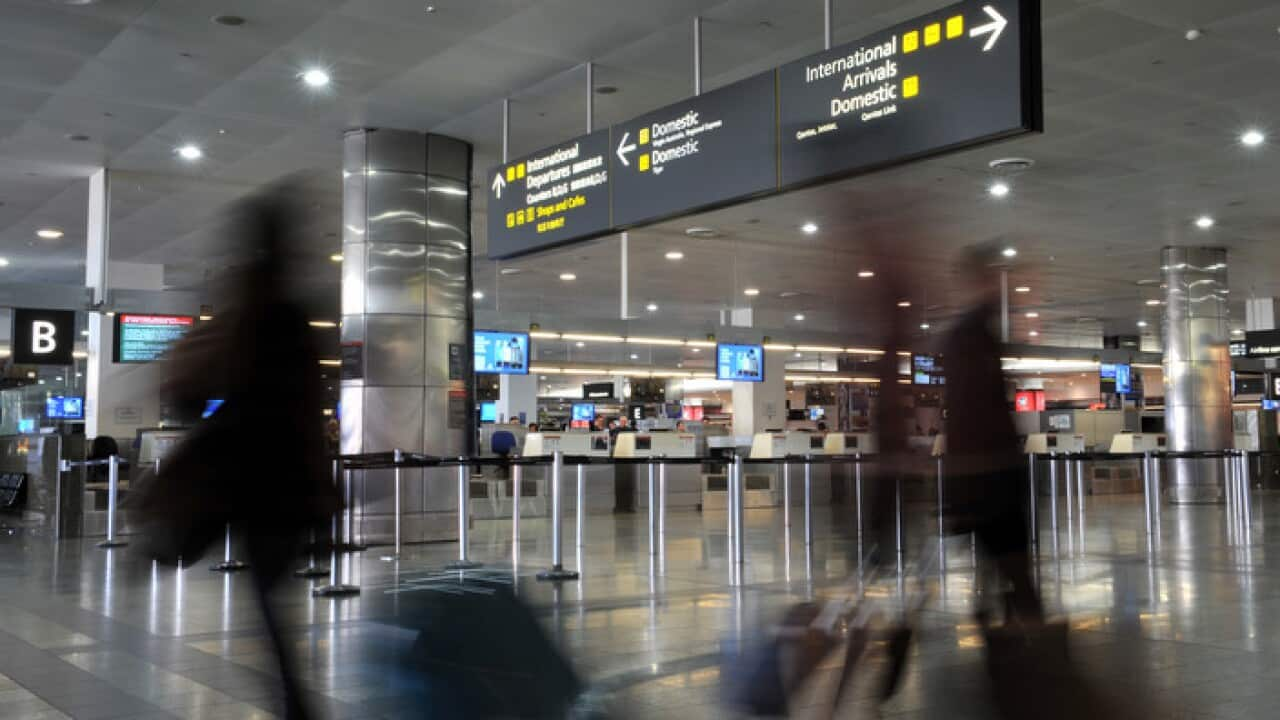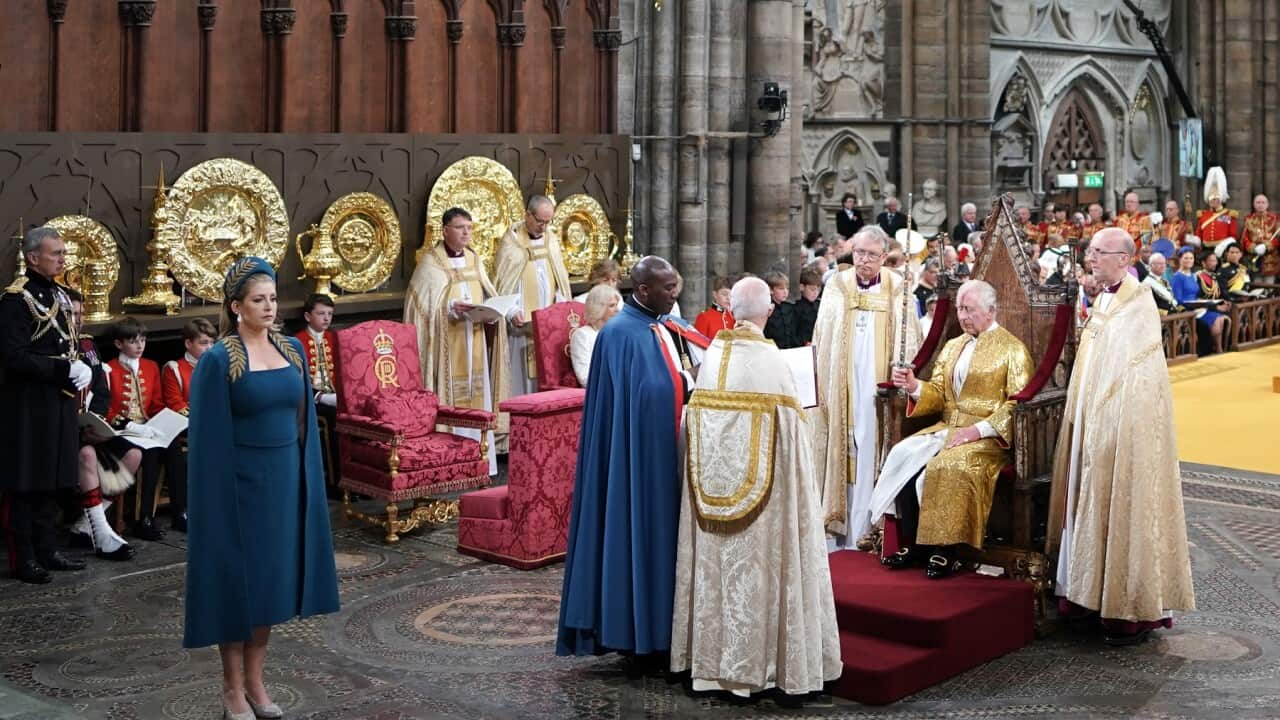Peter Mares is the author of All Work, No Stay?, an analysis commissioned by SBS and published on August 21.
It looks at the growing numbers of temporary visas and the consequences of that, and asks whether Australia's model of permanent settlement is giving way to a new reality - Australia as a guest worker society.
While temporary migration has benefits, such as Australia's international education sector worth 27 billion dollars a year, he says there are costs associated with it too, in terms of the exploitation of migrant workers.
One example he notes is the underpayment of contract cleaners at the Melbourne Cricket Ground between 2009 and 2014.
It was a story first uncovered by SBS News that prompted an investigation by the Fair Work Ombudsman.
Peter Mares says these sorts of scandals raise a significant question.
Is Australia shifting away from permanent settlement towards temporary visa arrangements that marginalise migrants and leave them vulnerable to exploitation and abuse?
"Settlers came, they quickly achieved permanent residency and citizenship and became fully-fledged members of the Australian political community with the same rights as anyone else. We're now creating a scenario where we have a large number of people who don't have the same rights as everyone else, who don't get to vote, who aren't represented by politicians and who are also more vulnerable in the workplace because of their visa status and that to me is troubling for a country that prides itself on a history of social cohesion and harmony."
He points out that temporary migration now dwarfs permanent migration, with the number of visas issued for international students, working holiday-makers and skilled workers now roughly triple the number of permanent visas.
The at-times politically controversial 457 visas have been replaced by Temporary Skills Shortage ((TSS)) visas, which are divided into two streams - short and medium term.
Only the medium term TSS visa offers a pathway to permanent residency.
Peter Mares believes this change increases the potential for employers to exploit temporary workers.
“If you create conditions where people are very keen to stay in Australia but their prospects for doing so are very narrow, then you might create a whole lot of circumstances where they will attempt to please their boss, for example. They certainly won't rock the boat at work in the hope of finding a pathway to permanent residency."
Peter Mares says the increase in temporary visas could be an attempt to appease those who believe Australia's immigration intake should be cut.




